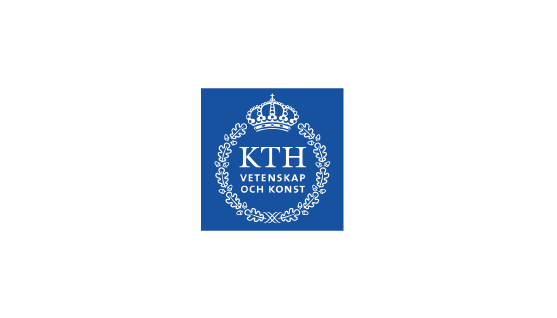Discover the knowledge base necessary for the transition from a linear manufacturing to a circular manufacturing system.
‘Take-make-use-dispose’ is the linear approach to production and consumption that our society relies on. In the long run, this is not sustainable as the natural resources and the waste-carrying capacity of the earth are limited. Therefore, it is essential to reduce dependency on natural resources by decoupling economic growth from resource consumption.
In this venture, both society and the manufacturing industry have a vital role to play. Society needs to shift towards a Circular Economy that rests upon the philosophy of ‘take-make-use-reuse’ and the manufacturing industry has to be a major stakeholder in this shift. Despite being proven to be both economically and environmentally beneficial, successful examples of circular systems are few today. In this backdrop, it is essential that future decision and change-makers are equipped with the necessary knowledge and skills to implement Circular Manufacturing Systems for a sustainable future.
The module covers the fundamentals of Circular Manufacturing Systems (CMS) and the framework for CMS implementation. The learners will be introduced to the four enabling pillars of CMS, i.e., business model, product design, supply chain and information and communication technology (ICT) and their interactions. Managing the transition from a linear to a CMS is also covered in the module.
The CMS framework will be discussed in the context of real-industrial cases where the framework has been successfully implemented and tested.
Ongoing:
Next round: Autumn 2024
Recorded lectures, self-study, online quiz on reading materials and final assignment (preferably a group assignment by 4 participants)
- Anyone who has an interest to implement (or understanding) circularity in the manufacturing industry.
To complete this module, the participant is expected to schedule approximately 4 hours per week over 5 weeks (20 hours in total).
Please note that a minimum of 10 participants is required for the module to start.
After applying to the program, please secure dates in your calendar to be able to join planned webinars and assure time available required for learning.
Learning Area
